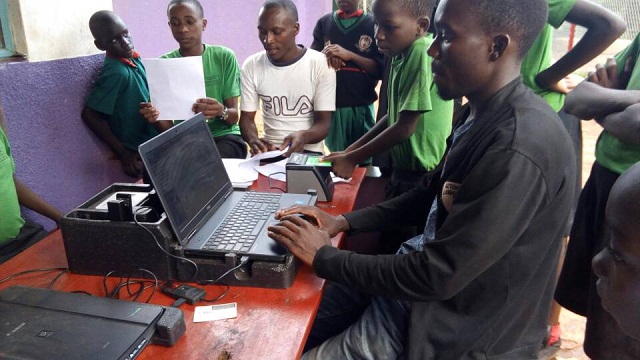
Kampala, Uganda | THE INDEPENDENT | More than 1,700 people who registered for National Identity Cards-Ids in Moroto have not received them to questionable bio data their provided during the enrollment exercise.
They include 623 children and 1,164 adults. The most affected are people from Rupa, Katikekile and Tapac Sub Counties that border Kenya.
Suzan Talep, the Moroto District National Identification Registration Authority-NIRA officer, says the affected provided contradicting information about themselves while others failed to meet the registration criteria.
“While registering some of these people, there was use of inappropriate documents where some of the applicants failed to defend their citizenship. Some of them couldn’t provide valid documents like LC1 letters, national IDs from parents, in the case of children at school and they were inconsistencies when it comes to names, places of origin, date of birth, among others”, she said.
Michael Muganga, the NIRA deputy spokesman, says rejected cases cut across the country. He notes that most of the rejects originate from recommendations from LC 1 chairpersons and Gombolola/District Intelligence Officers, GISO/DISO.
Joyce Nakiru, a resident of Baazer Village in Moroto Municipality is one of those affected. She says some of the officials recruited by NIRA failed to guide them.
“I gave those people everything they asked for but am surprised that my ID didn’t come. If some of those guys are not drunk at work, then they need another induction to do the work. Am so disappointed with them because my life is now in a mess”, she said.
Information from the Moroto NIRA office indicates that 2,464 people have registered for National IDs since January last year. However, only 1,304 have received their Ids.
Most of the rejected cases are from the first national identity card enrollment exercise conducted in 2014. In Abim, 1,087 people were rejected while Kaabong had 538.
NIRA embarked on a three month’s massive registration of citizens to be enrolled on the national register and for issuance of National Identification Numbers (NINs) last month.
The exercise conducted at the sub-county/town council level in the districts and municipalities targets both children and adults who missed previous enrollments.
There are more than 500,000 people across the country whose applications for National IDs have been queried because of providing insufficient and inconsistent information, or have gaps in their documentations, according to NIRA.
******
URN
 The Independent Uganda: You get the Truth we Pay the Price
The Independent Uganda: You get the Truth we Pay the Price



